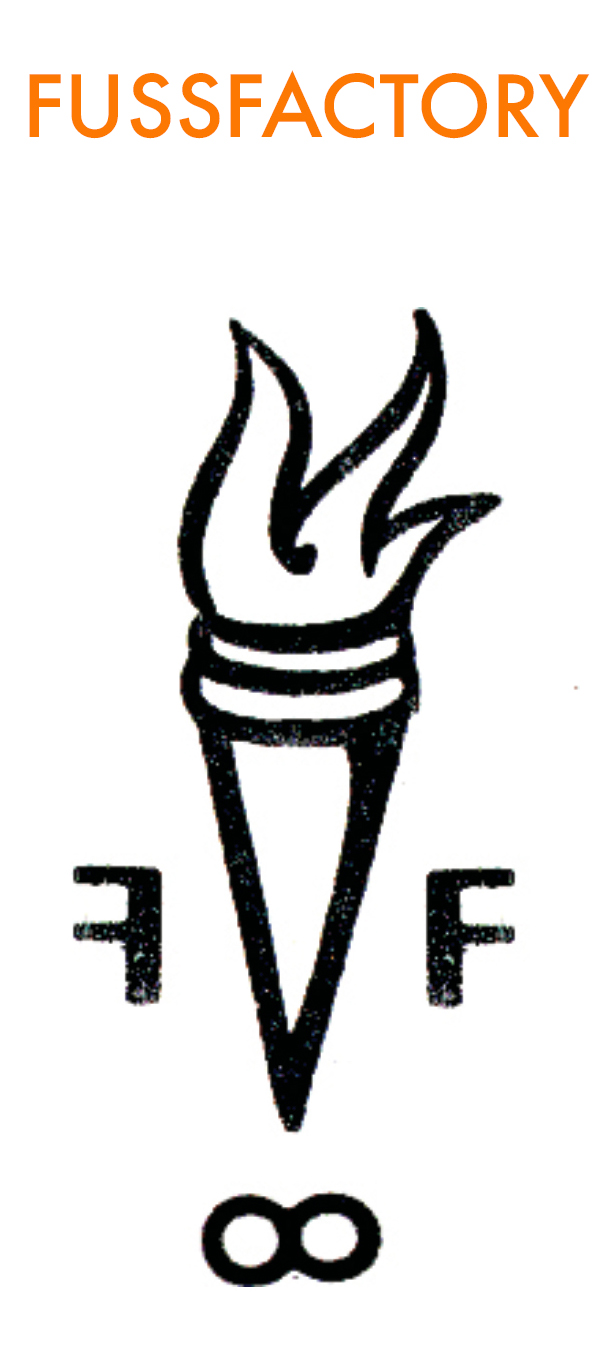#sparkchamber 103122 — Sarah Thomas
Underpinning the celebration of Halloween is an affirmation of the ephemeral nature of life. A day of remembrance and rejoice, the veil between life and afterlife softens. We may viscerally feel something of another world. In this spirit [pun intended] #sparkchamber welcomes writer and documentary filmmaker Sarah Thomas. Sarah has a PhD in Interdisciplinary Studies, has lived from the equator to the Arctic, and is committed to work that explores our entanglements with the living world. For her, the “journeys in between” is where the purest insight dwells. In her own words:
“Born in England, raised in Kenya and one day finding myself living at 66 degrees north in Iceland’s Westfjords, it’s fair to say that travel and cultures other than my own have been formative influences — on me, and on my work. I was always artistic, but trained in anthropology, which led me to making documentary films. It was living in Iceland and becoming part of an Icelandic family that challenged my position as a filmmaker: I was not, and didn’t want to be, an invisible observer. And the natural world I lived with was no “background” to existence, or to a scene. In Iceland, I met nature as an active protagonist in whose presence I was at stake. The elements, the sense of deep time, the ephemeral, the supernatural and the deeply pragmatic aspects of that time apprenticed me as a writer, and out of it came my memoir The Raven's Nest [Atlantic Books 2022], which reads like a film on paper.”
Written in beautifully vivid prose, The Raven’s Nest is a profoundly moving meditation on place, identity, and how we might live in an era of environmental disruption. It relates how Sarah, visiting Iceland as an anthropologist and filmmaker in 2008, became spellbound by its otherworldly landscape. Feeling an immediate connection to the country and to a man she meets there, her week-long stay expanded into a transformative half-decade, one which radically alters her understanding of herself and of the living world. The book’s title reflects her evolved awareness, a powerful metaphor based on the artistry of a raven’s nest, a home which persists through breaking and reweaving — over and over.
Sarah now lives in Scotland — “I love to be with the tides and the mountains” — and was interviewed by the Scotland Outdoors podcast. She talks about her experiences living in Iceland and the cultural importance of knitting there — it’s taught to both boys and girls in school. She tells how, as she was writing The Raven’s Nest and would read chapters aloud in the evenings, under candlelight, the audience knitted or mended clothing. A raven’s nest image perfect for this All Hallow’s Eve.
1.] Where do ideas come from?
From leaning in and listening to what is, rather than trying to extract. I find movement — walking, dance, swimming — all help with this process. Also chatting with peers, friends, neighbours. Ideas spring from synergies, not echo chambers. Also it helps to cultivate yourself to be receptive — well rested, well nourished, calm, safe. That said, I am awed by the genius that can be expressed in emergency situations too. Those are a different kind of idea but they are creative nonetheless.
2.] What is the itch you are scratching?
It is how I make sense of the world, so to not create would be to remain befuddled and stuck. Who wants that?!
3.] Early bird or night owl? Tortoise or hare?
I try to be realistic about what kinds of work are best done in what kind of season. For example, summer is for being out and meeting places and people, gathering ideas and images. Autumn, I become more reflective and feel like writing. And in terms of times of day, that is also responsive to season. In winter I like to make the most of the daylight, so work into the evening. I also find my work and flow rhythms change depending on the project, or the phase of the project. So again, it’s about listening, and not imposing a regime that is unshifting across the board... Working with what is, not in spite of it.
4.] How do you know when you are done?
There’s a feeling of relinquishment...a feeling of “it’s good enough to have a life and power of its own beyond my care.” And it pleases me.


